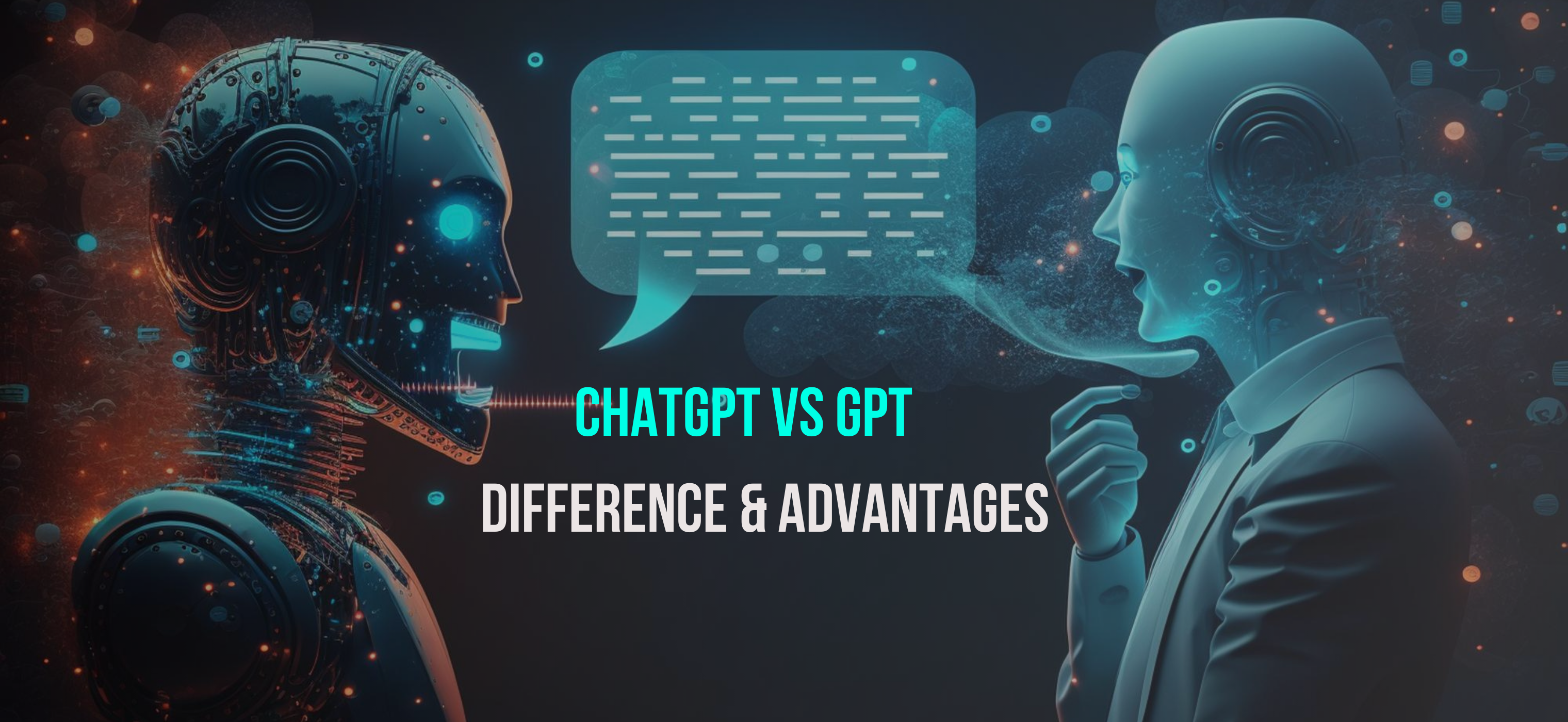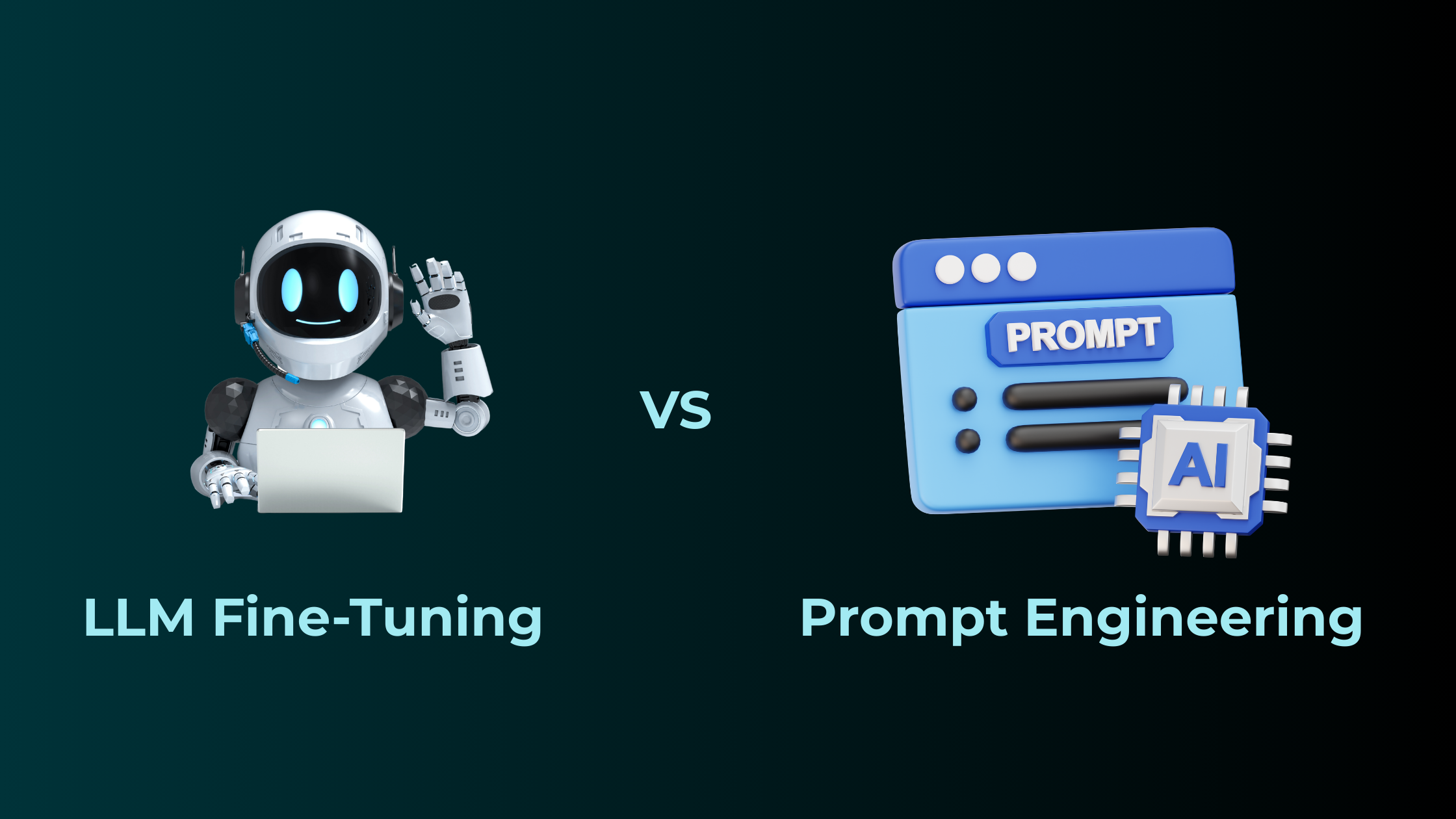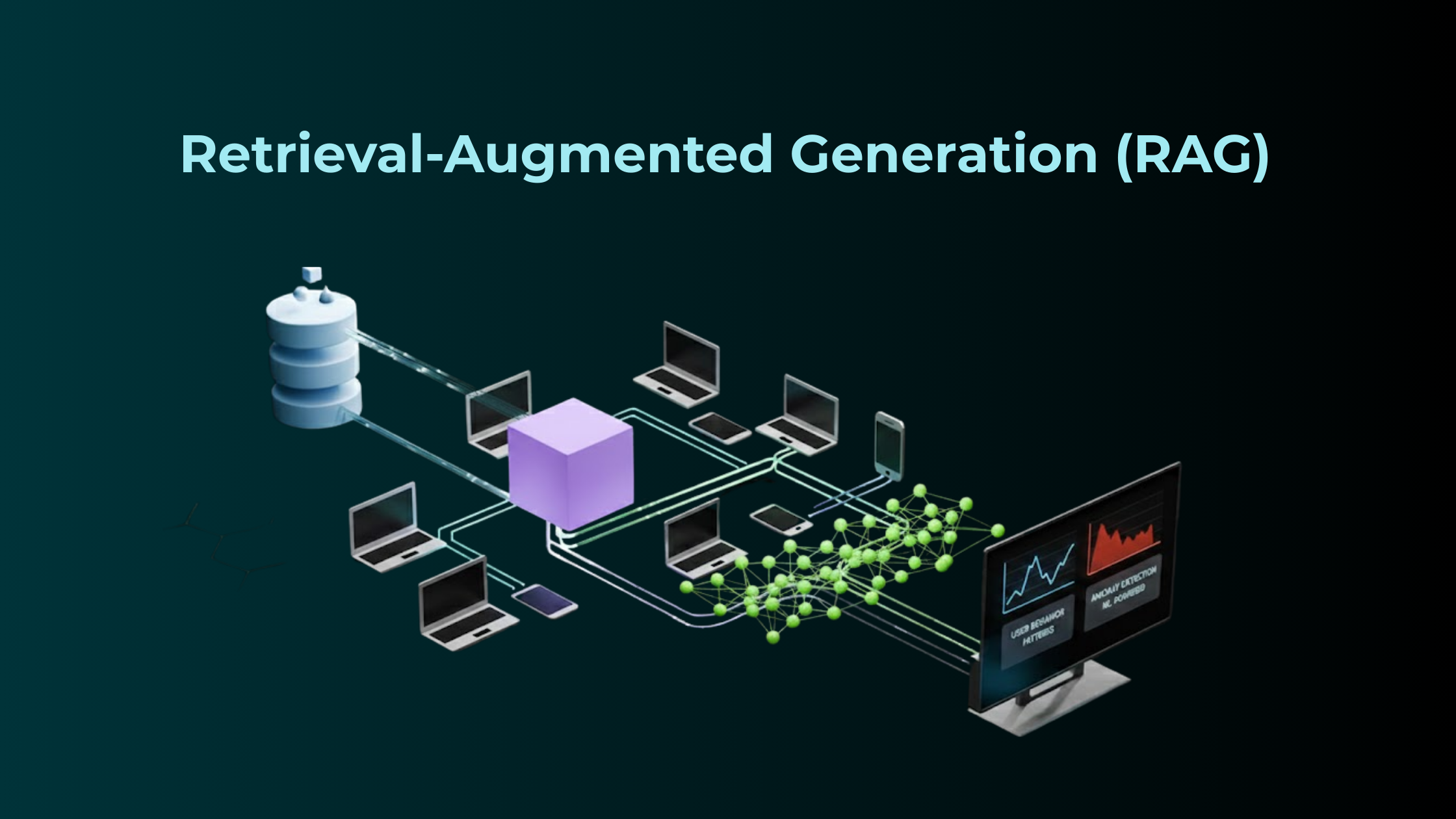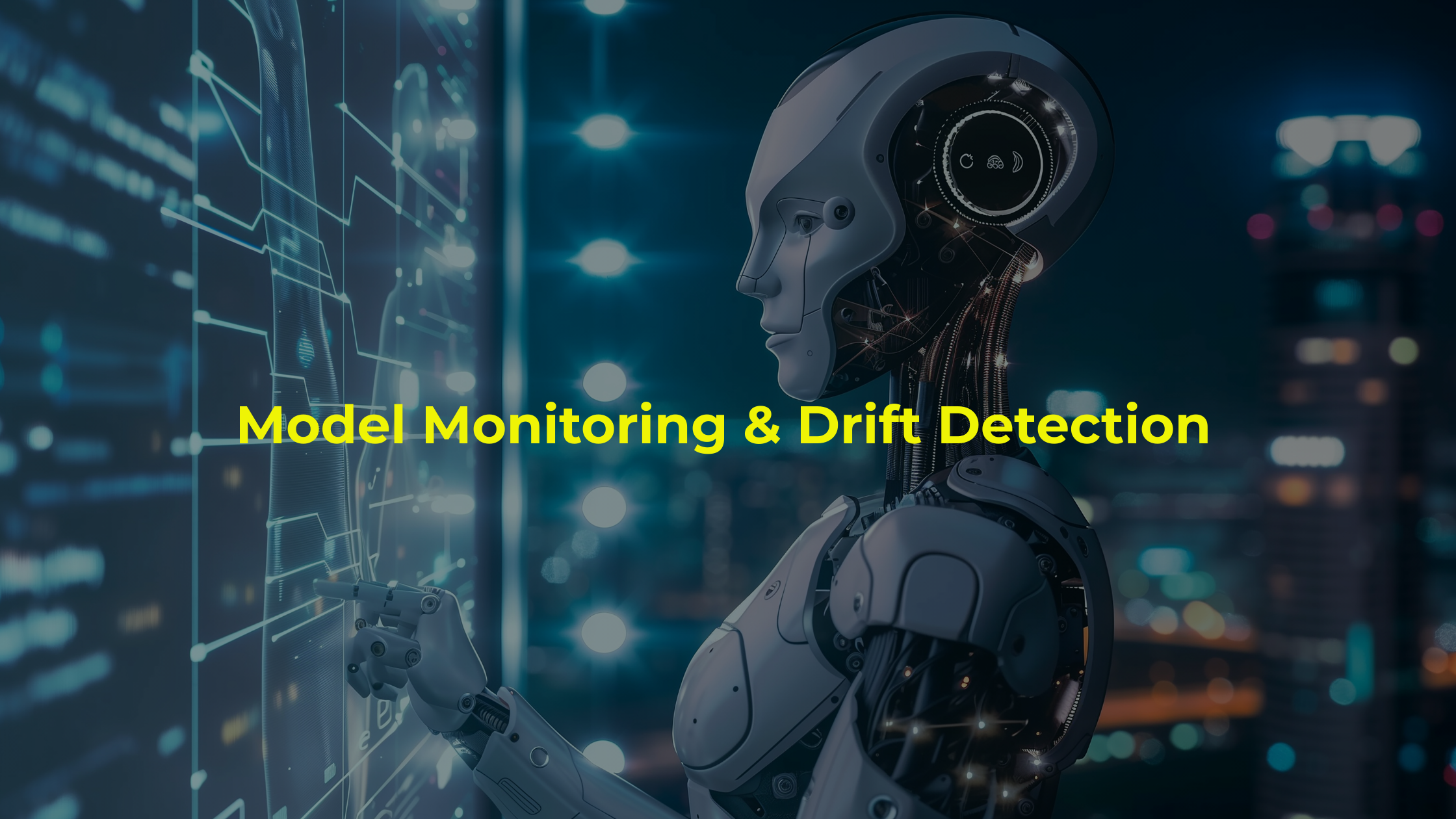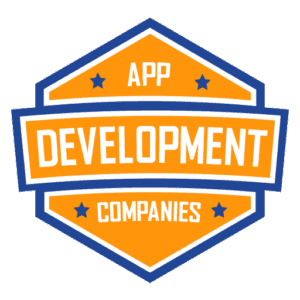As we highlight the difference between ChatGPT and GPT, they vary drastically. Both are natural language processing tools offered by OpenAI. However, their technological capabilities and prices are different. The term GPT is useful in referring to any product that uses any kind of generative pre-trained transformers. Let us explore the differences between GPT and ChatGPT.
Internet Soft is a leading AI development Company across many software development companies in California. We provide top-notch AI development services as well as AI/ ML development services. For more details, please call us now.
OpenAI was introduced as the first generative pre-trained transformer (GPT) in 2018. Many capable versions followed quickly. The versions include GPT-2 in 2019, GPT-3 in 2020, and GPT-4 in 2023. The GPT-2 is open-source software.
OpenAI came up with ChatGPT as a consumer-facing service in 2022. It attracted more than 50 million users per month. It has emerged as one of the fastest-growing consumer services in history.
OpenAI has made continuous technological advancements over these last few years. The real success lies in the interface and easy access for the average person.
In its earlier stages, OpenAI used the number of features in its GPT models as a gauge for their capabilities. For instance, GPT began with 117 million parameters, followed by GPT-2 with up to 1.5 billion parameters, and then GPT-3 with a whopping 175 billion parameters. Sometimes, larger models can be slower and more costly to operate. Consequently, OpenAI opted not to publicly disclose the feature sizes for subsequent models like GPT-3.5 or GPT-4, which also come with higher price tags.
The Area of GPT-based models and services spans various applications. They are from text processing to audio transcription (like Whisper) and image generation (such as DALL-E). Initially, ChatGPT solely responded to typed queries.
Now, OpenAI is rolling out ChatGPT’s ability to interpret and respond to visual input. This expansion of API access for both text and visual tools opens up fresh avenues for businesses to tailor and enrich their offerings.
Lori Witzel, Tibco’s director of thought leadership, highlighted, “Enabling API access provides enterprises with an easier way to integrate ChatGPT into their products and environments.”
Furthermore, through fine-tuning, these models can delve deeper into industry-specific domains, enhancing their grasp and understanding.
Let us discuss the difference between GPT and ChatGPT.
The term ChatGPT is often used to describe the process of adding chat capabilities to a product. ChatGPT also has a new addition of services for Instagram, Snap, Quizlet, and Instacart.
Slack has a directly integrated ChatGPT App for fast work and easy features to carry out various tasks. The app will be integrated naturally into the workflow. It will provide instant conversation summaries, tools for research, and writing assistance directly into Slack.
The term GPT is also being used as a general term at the end of product names for advertising the introduction of new AI capabilities. GPT refers to generative pre-trained transformers in the generic sense but not as a specific model by OpenAI. Google first developed the transformer technology.
It underlies GPT but has been found as irregular in branding its implementations, including BERT, LaMDA, and PaLM. Google’s first ChatGPT-similar implementation is Bard. It was introduced to compete in the market after the great success of ChatGPT.
Similarly, Microsoft has developed the term copilot to signify the embedding of GPT-powered code concluding capabilities into GitHub and task accomplishment into its productivity tools.
Uncovering the technical differences between ChatGPT vs. GPT.
The way OpenAI characterizes the technical differences between ChatGPT and GPT is very complicated. There is no specific ChatGPT model, although OpenAI notes that GPT 3.5 Turbo and GPT 4 models power ChatGPT. The pricing page segments various service categories, featuring GPT-4, Chat (specifically GPT-3.5 turbo), Instruct (comprising various GPT-3 versions), embedding models, image models, and audio models.
Technical disparities exist among OpenAI’s diverse models, some pertinent to ChatGPT and others not. Notably, companies can exclusively fine-tune GPT-3 models, incapable of customizing GPT-3.5 turbo and GPT-4 to align better with their data. Fine-tuning involves submitting query-response combinations to enhance question accuracy, crucial in call center scenarios.
Another crucial contrast lies in the training data’s age. GPT-4 and GPT-3.5 turbo were last trained using data updated in September 2021, while Davinci, a top-tier GPT-3 model, saw its last update in June 2021. Other GPT-3 models were refreshed back in October 2019. This temporal discrepancy is pivotal as newer models might excel in comprehending and addressing queries concerning current events.
Codex, a specialized model for code samples, currently remains free during its beta phase. It also functions through GitHub Copilot, a code completion service starting at $10 per month for individuals.
An additional significant alteration is OpenAI’s introduction of ChatML, a new API query method for ChatGPT-capable models. Unlike the older API, ChatML includes a header in each message, identifying the source and contents, and mitigating potential risks of malicious queries. Presently, it only handles text, but future iterations might incorporate other data formats like images, 3D objects, or audio.
Pricing differs notably between ChatGPT and GPT services. ChatGPT offers two tiers: a free version and a $20 per month premium one. The premium tier enhances performance and provides access to the more recent GPT-4 models, yet, for now, it utilizes data as old as the free version.
Additionally, the ChatGPT-driven GPT-3.5 turbo stands out as a cost-effective option, priced at $0.002 per thousand tokens, roughly equivalent to 750 words. In contrast, Davinci, the potent GPT-3 model, costs $0.02 per thousand tokens, while Ada, the swiftest, is priced at $0.0004 per thousand tokens. Meanwhile, GPT-4 charges vary based on prompts and completions, ranging from $0.03 to $0.12 per thousand tokens.
For enterprises, OpenAI levies charges for fine-tuning models, alongside higher pricing tiers for their utilization. For instance, Davinci costs $0.03 per thousand tokens for training, compared to $0.12 per thousand tokens for usage, akin to GPT-4. At the lower end, Ada is priced at $0.0004 per thousand tokens for training and $0.0016 per thousand for usage, making it marginally cheaper than the GPT-3.5 turbo utilized in ChatGPT.
Additional GPT services encompass token-based pricing: $0.0004 for word classification embedding, $0.02 for image model embedding (for large images), and $0.006 per minute for transcription embedding.
At Internet Soft, We provide AI development services at a very competitive pricing plan. Many Fortune 500 companies are on our esteemed customer list. We are offering AI/ML Services to all our customers across verticals.
By using our AI/ML development services, you can boost the productivity of your business to a large extent. ChatGPT is an AI-based app that is useful for many more critical tasks and saves not only human efforts but valuable time, as well. To learn more about our services based on AI/ML development and ChatGPT, please contact our experts at the earliest.
We are committed to business upgradation with quality and innovation for all our customers with the aid of the latest technologies like AI and ML, as an AI development company in California.
Visit Internet Soft for the latest tech trends and insights around AI, ML, Blockchain, along with NeoBanking and timely updates from industry professionals!
Need assistance or have questions? Reach out us at sales@internetsoft.com.
ABOUT THE AUTHOR

Abhishek Bhosale
COO, Internet Soft
Abhishek is a dynamic Chief Operations Officer with a proven track record of optimizing business processes and driving operational excellence. With a passion for strategic planning and a keen eye for efficiency, Abhishek has successfully led teams to deliver exceptional results in AI, ML, core Banking and Blockchain projects. His expertise lies in streamlining operations and fostering innovation for sustainable growth
